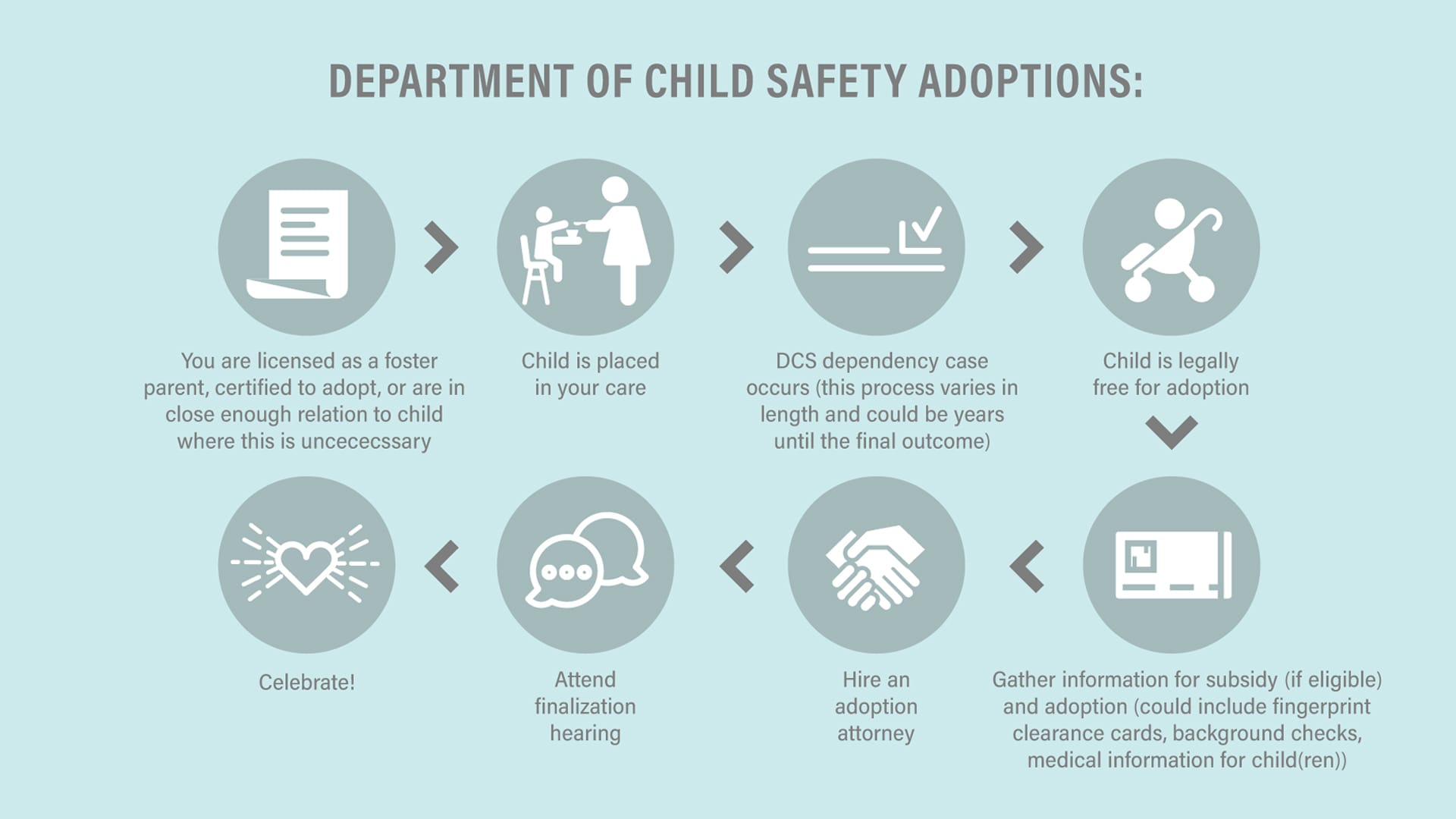Legal Age to Move Out: A Global Perspective explores the complexities of a pivotal moment in a young adult’s life – leaving the family home. This age, often dictated by law, varies drastically across the globe, reflecting cultural, social, and legal nuances.
The age at which young adults can legally move out often intersects with other age-related milestones, such as voting or drinking, prompting discussions about societal expectations and personal autonomy.
From the historical influences that shaped these laws to the practical implications for young adults, this exploration delves into the multifaceted nature of legal age to move out. We’ll examine the factors that influence these regulations, including emancipation laws, parental consent requirements, and financial independence, while considering the impact of cultural and societal norms.
Legal Age to Move Out
The legal age to move out, also known as the age of majority, is a crucial milestone in a person’s life. It signifies the point at which individuals are legally recognized as adults and granted the right to make independent decisions, including where they live.
While this age is typically 18 in many countries, it varies significantly across the globe, reflecting cultural, societal, and legal norms.
While the legal age to move out varies by state, the decision often hinges on financial independence. Many young adults rely on family support, but for those in the military, navigating financial responsibilities like securing insurance can be particularly challenging.
USAA, known for its services tailored to military members, offers comprehensive boat insurance options, Boat Insurance Quote USAA: A Guide for Military Members. This can help military personnel make informed decisions about their financial future and potentially move out at a younger age, allowing them to establish independent living arrangements.
Global Variations in Legal Age to Move Out
The legal age to move out differs considerably across the world, influenced by factors such as historical context, social structures, and economic conditions.
- Europe: Many European countries, including France, Germany, and Italy, have a legal age of majority of 18. This age aligns with other legal milestones, such as voting and drinking.
- North America: In the United States and Canada, the legal age to move out is also 18. This age is consistent with the legal age for other adult rights, such as driving and voting.
- Asia: Some Asian countries, such as Japan and South Korea, have a legal age of majority of 20. This higher age is often attributed to cultural traditions that emphasize parental authority and family ties.
- Africa: The legal age to move out in African countries varies considerably. In some countries, such as South Africa, the legal age is 18, while in others, such as Nigeria, it is 18 for certain rights and 21 for others.
- South America: Most South American countries have a legal age of majority of 18. However, in some countries, such as Argentina, the legal age for certain rights, such as voting, is 16.
Comparison with Other Age-Related Milestones
The legal age to move out is often compared with other age-related milestones, such as voting age and drinking age. These milestones represent societal expectations and legal regulations regarding the responsibilities and freedoms granted to individuals at different ages.
The legal age to move out varies by state, but for many young adults, this transition comes with the responsibility of securing their own insurance. If you’re looking for coverage, Get a USAA Insurance Quote: A Comprehensive Guide can help you navigate the process and find the right policy for your needs.
Whether you’re just starting out or have been living on your own for a while, having the right insurance can provide peace of mind and protect your assets in case of unforeseen events.
- Voting Age: The voting age is typically 18 in most countries, reflecting the principle of universal suffrage and the right of citizens to participate in democratic processes.
- Drinking Age: The drinking age varies considerably across the globe. While many countries have a drinking age of 18, others, such as the United States, have a higher age of 21. This difference reflects varying cultural and societal attitudes towards alcohol consumption.
Factors Influencing Legal Age to Move Out

The legal age to move out, also known as the age of majority, is a crucial milestone in a person’s life, marking the transition from dependence to independence. This age varies across jurisdictions and is influenced by a complex interplay of historical, social, legal, and cultural factors.
While the legal age to move out varies by state, navigating the complexities of homeownership can be daunting, regardless of age. For those venturing into Rhode Island’s real estate market, understanding the nuances of home insurance is crucial. Rhode Island Home Insurance Quotes: A Guide for Homeowners offers valuable insights into finding the right coverage for your needs, ensuring peace of mind as you embark on this new chapter of independence.
Historical and Social Factors
The historical and social context significantly shapes the legal age to move out. Traditionally, the age of majority was tied to the transition from childhood to adulthood, often marked by rites of passage or ceremonies. This age was frequently aligned with the individual’s ability to work, marry, or own property.
In many societies, the legal age to move out has evolved over time, reflecting societal shifts in family structures, economic opportunities, and educational attainment. For instance, the rise of industrialization and urbanization in the 19th and 20th centuries led to greater mobility and opportunities for young people to live independently.
This, in turn, influenced the legal age to move out, allowing individuals to leave home at an earlier age to pursue work or education in new locations.
Legal Considerations
Legal considerations play a crucial role in determining the legal age to move out. Emancipation laws, parental consent requirements, and financial independence are key factors that influence this age.
- Emancipation Laws: Emancipation laws grant legal independence to minors, allowing them to make their own decisions and be treated as adults. These laws vary significantly across jurisdictions, with some granting automatic emancipation at a certain age, while others require court proceedings.
For instance, in some states in the US, a minor can petition the court to be emancipated if they can demonstrate financial independence and the ability to care for themselves.
- Parental Consent Requirements: In many jurisdictions, minors require parental consent to enter into contracts, obtain employment, or receive medical treatment. These requirements can influence the legal age to move out, as they may limit a minor’s ability to live independently without parental permission.
- Financial Independence: Financial independence is often a key factor in determining the legal age to move out. Many jurisdictions require minors to be financially independent to be emancipated or to move out without parental consent. This requirement ensures that minors have the resources to support themselves and avoid becoming a burden on society.
Cultural and Societal Norms
Cultural and societal norms also significantly impact the legal age to move out. In some cultures, young adults are expected to remain at home until marriage or until they have completed their education. In other cultures, young adults are encouraged to move out at an earlier age to gain independence and explore their own identities.
These cultural norms often shape the legal framework surrounding the age of majority and influence the social expectations associated with moving out.
Implications of the Legal Age to Move Out
The legal age to move out, often referred to as the age of majority, has significant legal and practical implications for young adults. It marks a transition into adulthood, with legal responsibilities and rights attached to it. While the legal age provides a framework for independence, it doesn’t necessarily guarantee a smooth transition into adulthood.
Challenges Faced by Young Adults Moving Out Before the Legal Age
Moving out before the legal age can present numerous challenges for young adults. These challenges often stem from a lack of legal protection and financial stability, which can lead to a range of difficulties.
- Financial Instability:Young adults who move out before the legal age may struggle to secure stable employment or access credit, limiting their financial resources. This can make it challenging to afford rent, utilities, and other essential expenses.
- Housing Insecurity:Without legal recognition as adults, young adults may face difficulty securing housing contracts or obtaining loans for housing. This can lead to unstable living situations, potentially involving living with unreliable landlords or in unsafe environments.
- Legal Issues:Young adults who move out before the legal age may encounter legal issues when signing contracts, obtaining credit, or entering into legal agreements. This is because they may not be considered legally competent to make these decisions.
Benefits and Drawbacks of Lowering or Raising the Legal Age to Move Out
The legal age to move out is a subject of ongoing debate, with arguments for both lowering and raising the age. Understanding the potential benefits and drawbacks of these options can help inform policy decisions.
Lowering the Legal Age
Lowering the legal age to move out could offer certain benefits, including:
- Increased Independence:Lowering the age could allow young adults to take on more responsibility and gain valuable life experience at an earlier age. This could lead to greater self-reliance and maturity.
- Economic Opportunities:Lowering the age could allow young adults to pursue job opportunities that require them to live independently, potentially leading to higher earnings and financial stability.
However, lowering the legal age also presents potential drawbacks:
- Increased Vulnerability:Lowering the age could expose young adults to increased risks, such as financial exploitation, housing insecurity, and legal complications.
- Lack of Preparation:Young adults may not be adequately prepared for the financial and legal responsibilities of independent living if they are allowed to move out at a younger age.
Raising the Legal Age
Raising the legal age to move out could offer certain benefits, including:
- Increased Protection:Raising the age could provide young adults with more time to develop financial stability and legal understanding before they are legally allowed to move out. This could lead to greater protection from exploitation and hardship.
- Enhanced Preparation:Raising the age could allow young adults to receive more education and training, potentially increasing their chances of securing stable employment and housing.
However, raising the legal age also presents potential drawbacks:
- Delayed Independence:Raising the age could hinder young adults’ ability to gain independence and develop self-reliance, potentially leading to prolonged dependence on parents or other family members.
- Limited Opportunities:Raising the age could limit young adults’ access to certain job opportunities or educational programs that require them to live independently.
Alternatives to Moving Out

Moving out of your parents’ house can be a significant step, but it’s not always feasible or desirable for everyone, especially when considering financial constraints, personal circumstances, or emotional readiness. Exploring alternative living arrangements can provide a more gradual transition to independence while offering various benefits.
Alternative Living Arrangements, Legal Age to Move Out
Exploring alternative living arrangements can offer a more gradual transition to independence, providing various benefits and considerations for young adults.
| Living Arrangement | Advantages | Disadvantages |
|---|---|---|
| Living with Family |
|
|
| Living with Roommates |
|
|
| Shared Housing |
|
|
Resources and Support Systems
Various resources and support systems are available for young adults considering moving out, offering guidance and assistance in navigating the transition.
- Financial Aid and Grants:Many organizations offer financial aid and grants specifically for young adults transitioning to independent living, helping with housing costs, education, and other expenses.
- Housing Counseling Services:Housing counseling agencies provide guidance on finding affordable housing options, budgeting, and navigating the rental process.
- Community Centers and Non-profit Organizations:Many community centers and non-profit organizations offer support services for young adults, including job training, financial literacy programs, and mentorship opportunities.
- Government Agencies:State and local government agencies often provide resources and support for young adults, such as housing assistance programs, job placement services, and mental health support.
- Family and Friends:A strong support network of family and friends can offer emotional encouragement, practical assistance, and financial support during the transition to independent living.
Final Conclusion

Understanding the legal age to move out is crucial for young adults navigating this transition. It sheds light on the challenges they might face, such as financial instability and housing insecurity, while also highlighting potential benefits and drawbacks of altering these regulations.
By exploring alternative living arrangements and available resources, we can empower young adults to make informed decisions and navigate this pivotal stage of their lives.




